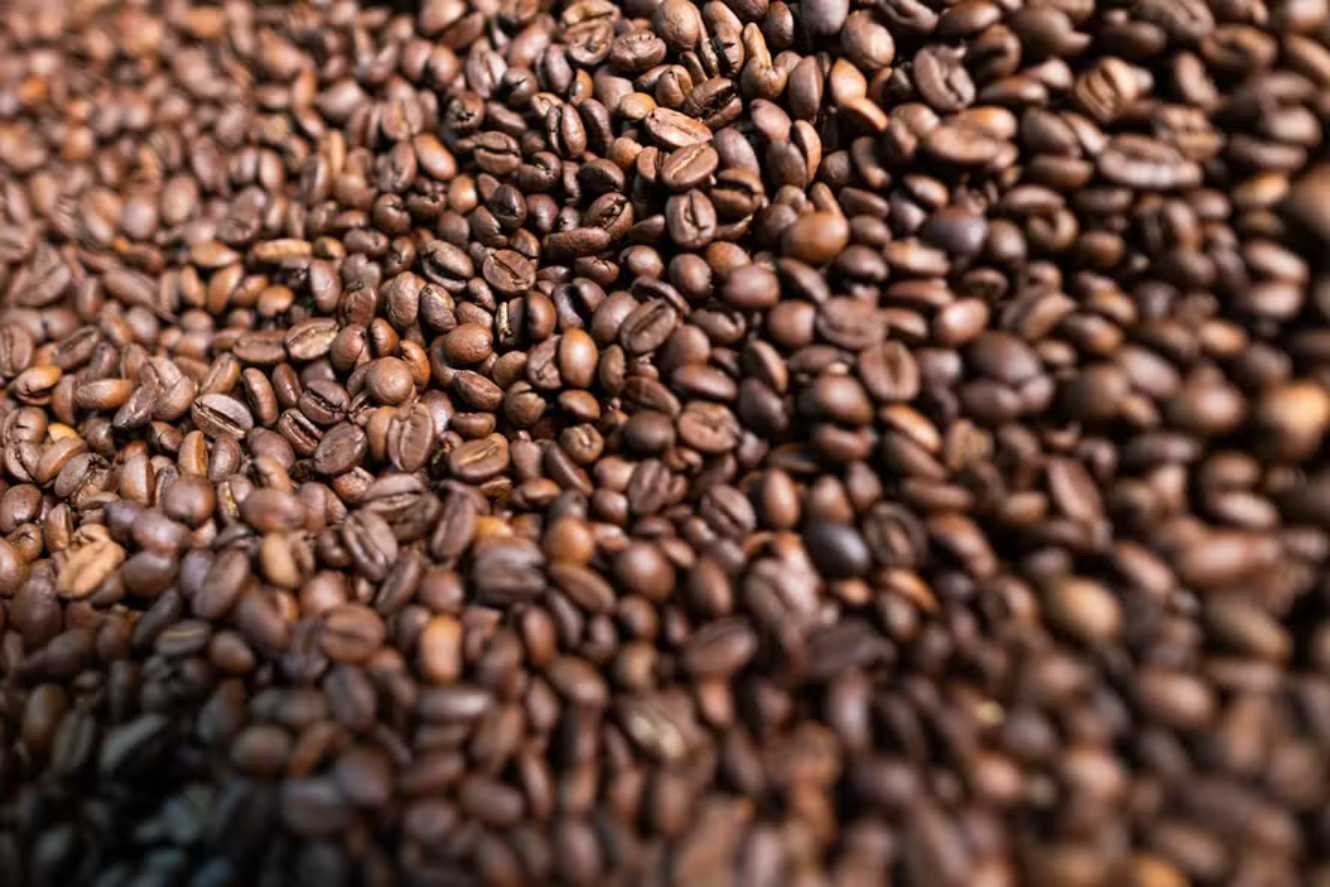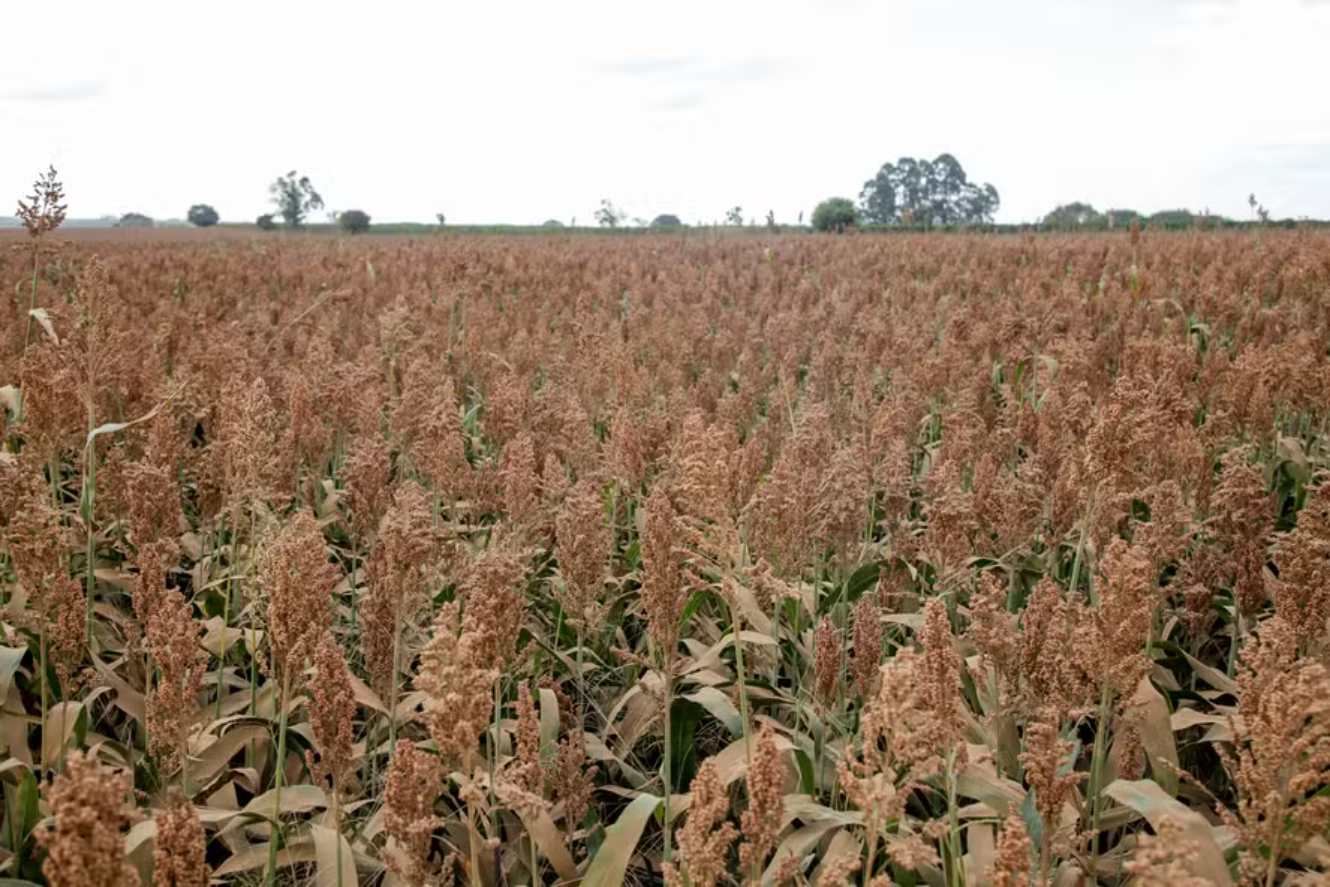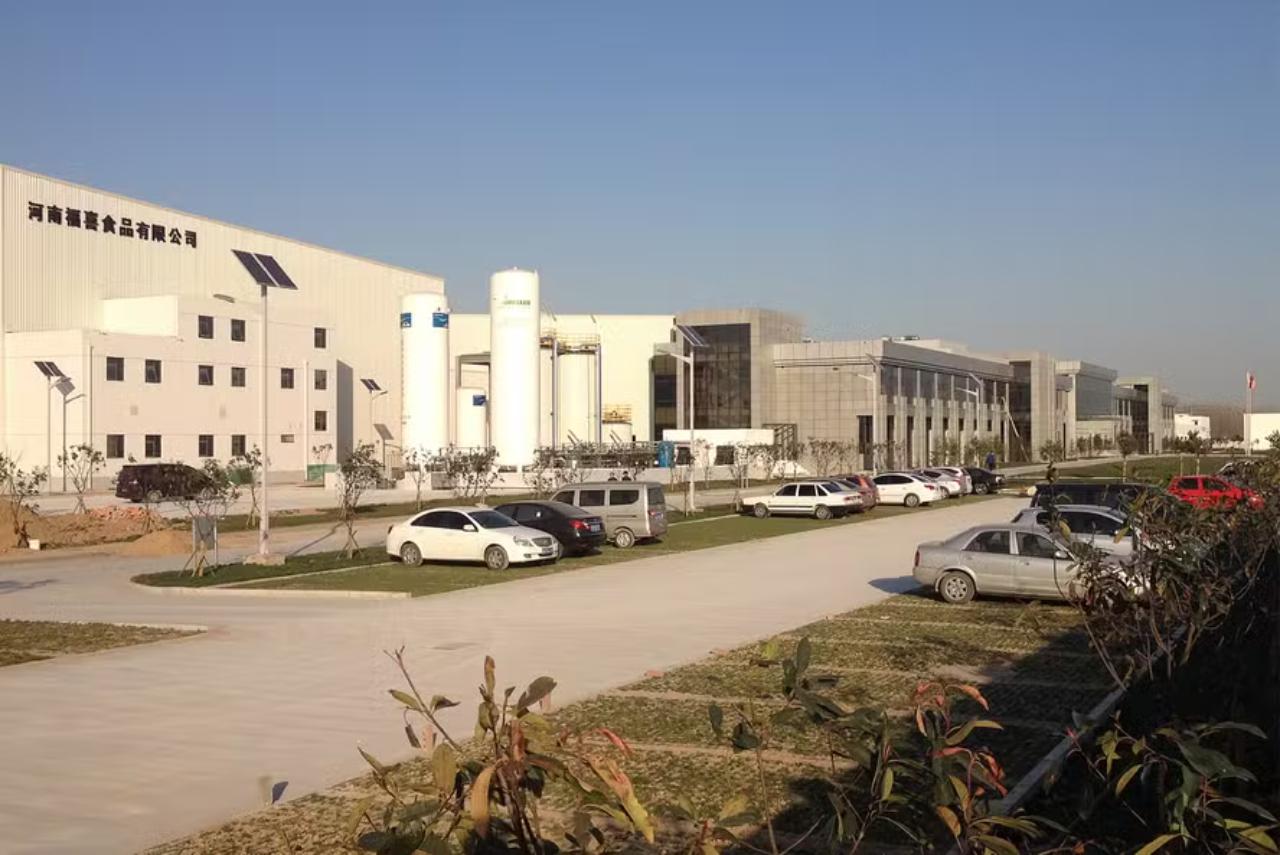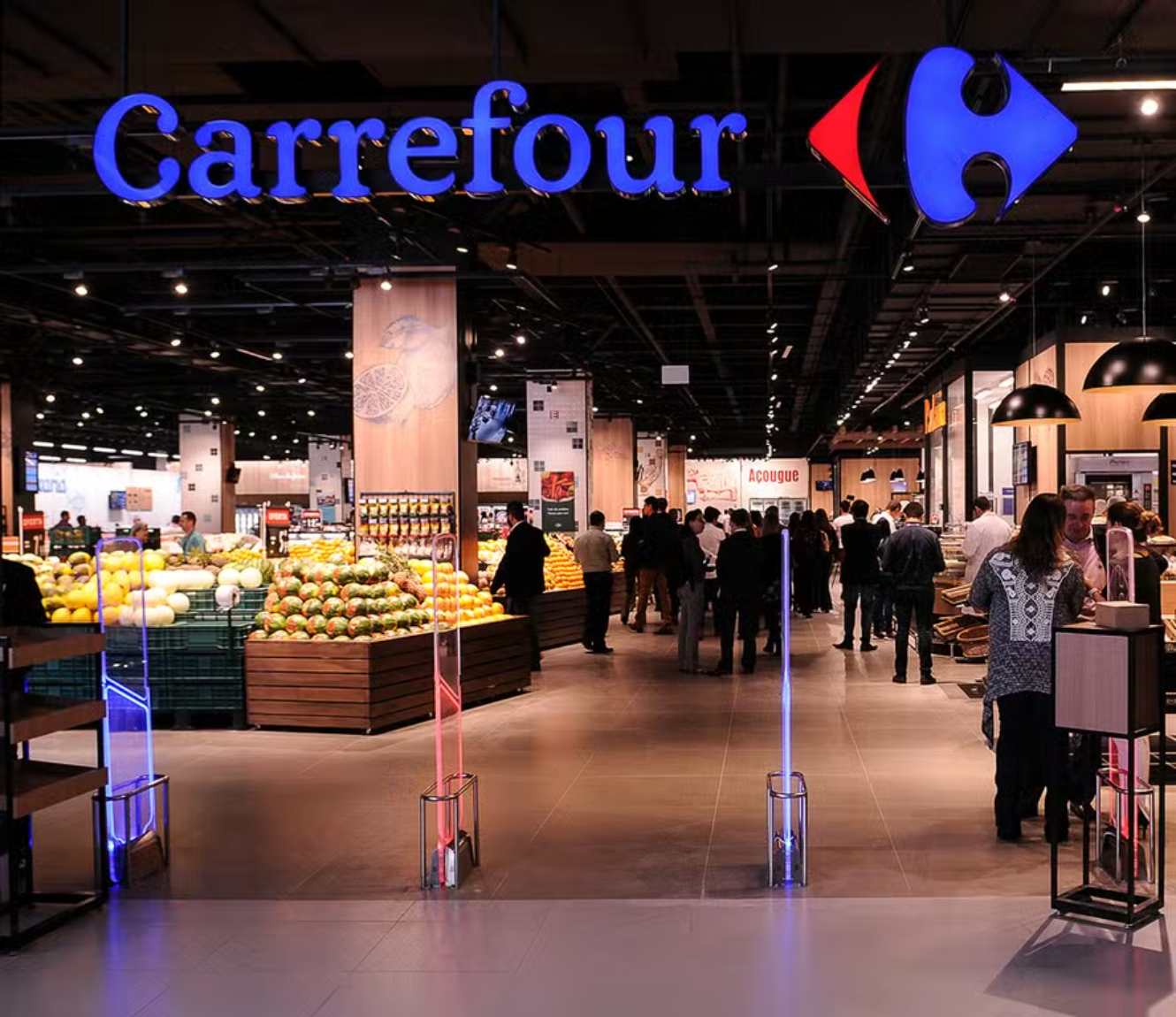Rising Coffee Consumption in Asia and Agreement with Chinese Coffee Chain Spark Optimism
Brazilian coffee is experiencing a transformative moment in the Chinese market, with established deals and significant opportunities for expansion. This optimism was shared by Pavel Cardoso, president of the Brazilian Coffee Industry Association (Abic), following his participation in a state dinner during the Chinese president’s visit to Brazil.
The dinner, held on Wednesday night (November 20) at the Itamaraty Palace in Brasília, was hosted by the Brazilian government in honor of Chinese President Xi Jinping. The event concluded a day marked by the signing of 37 bilateral agreements, four of which focused on opening new agricultural markets for Brazil in China.
Cardoso attributes this “new coffee moment” in the tea-centric Chinese market to the increasing consumption of coffee in Asia, especially following a recent deal facilitated by Brazilian entities, coordinated by ApexBrasil, with Luckin Coffee, China’s largest coffee chain boasting 22,000 stores.
Under this agreement, Brazil will supply 4 million 60-kilogram bags of coffee—equivalent to 240,000 tons—valued at $500 million over the next two years.
“To put this into perspective, Brazil exported $80 million worth of coffee to China in 2022, which increased to $280 million in 2023. This $500 million deal with a single company highlights the incredible growth of coffee consumption in China,” Cardoso explained in a statement to Valor after the dinner.
A Strategic Evolution
According to Cardoso, China’s growing interest in Brazilian coffee has been a strategic development spanning over a decade. “In 2009, China consumed 300,000 coffee bags, and last year this number rose to 6 million bags. Even so, that represents only 200 grams of coffee per capita annually,” he noted.
Beyond exporting green coffee beans, Cardoso emphasized that Brazil’s coffee industry aims to add value by increasing exports of processed coffee products.
“With the certification of Brazilian specialty coffees, we now have fertile ground for exporting finished products and adding value,” Cardoso stated.
Building Visibility for Brazilian Coffee
Cardoso highlighted initiatives such as showcasing the “Cafés do Brasil” brand at the São Paulo Grand Prix of Formula 1 last month as key efforts to build visibility abroad. “These are the types of actions Brazilian coffee producers need to embrace to ship more finished coffee products overseas,” he remarked.
Challenges in Expanding Processed Coffee Exports
However, Cardoso acknowledged the challenges ahead. Of the nearly 50 million coffee bags Brazil is expected to export this year, only 0.1% are roasted and ground coffee, according to data from the Brazilian Coffee Exporters Council (Cecafé).
“This represents an opportunity to expand Brazil’s share in global coffee markets. While Brazil accounts for 40% of global coffee production, it holds only 16% of the green coffee trade and contributes just 3% to the global coffee GDP, which includes out-of-home consumption and multi-beverage derivatives,” Cardoso concluded.




